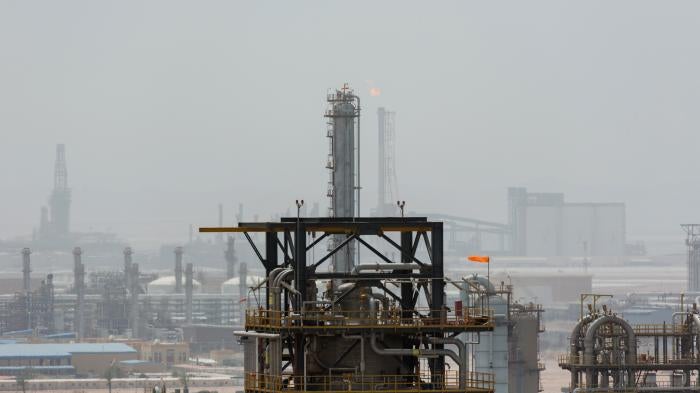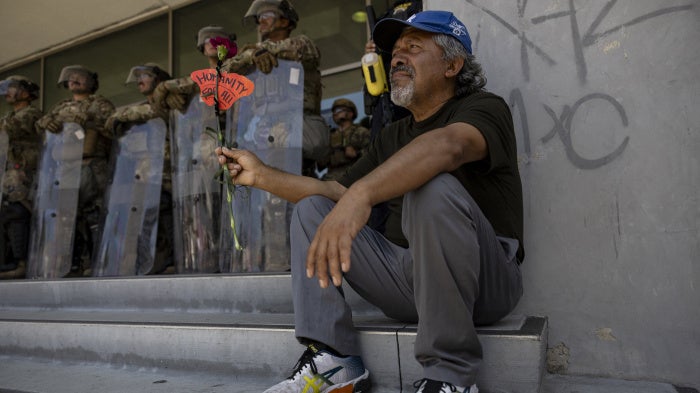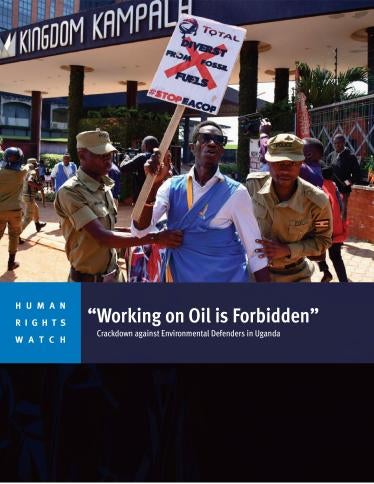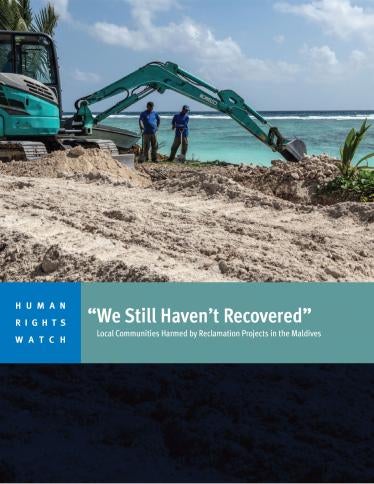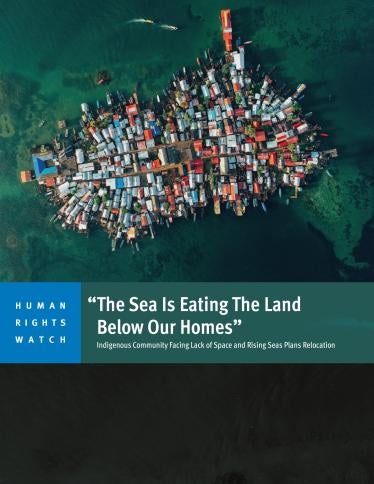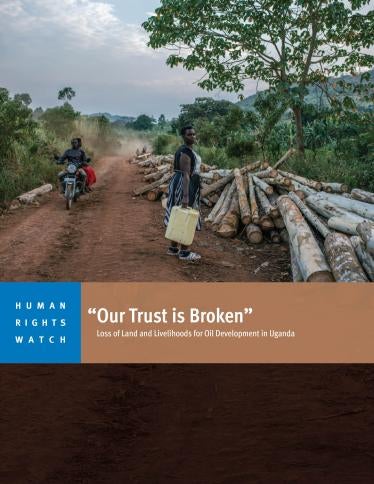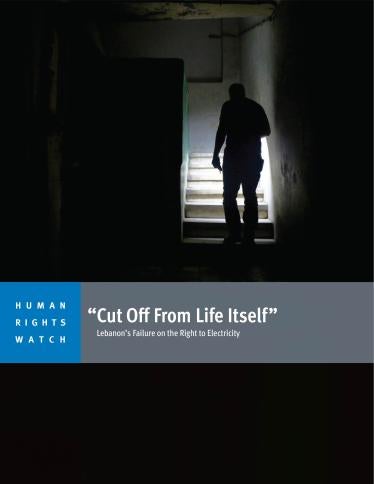“You Can Smell Petrol in the Air”
UAE Fossil Fuels Feed Toxic Pollution
The 24-page report, “‘You Can Smell Petrol in the Air’: UAE Fossil Fuels Feed Toxic Pollution” documents alarmingly high air pollution levels in the UAE, which create major health risks for its citizens and residents and contribute to the global climate crisis. The UAE is one of the world’s largest oil producers and home to seven so-called “carbon bombs,” the world’s largest fossil fuel production projects. Air pollution and climate change are directly linked, as the burning of fossil fuels contributes to air pollution and drives climate change.

